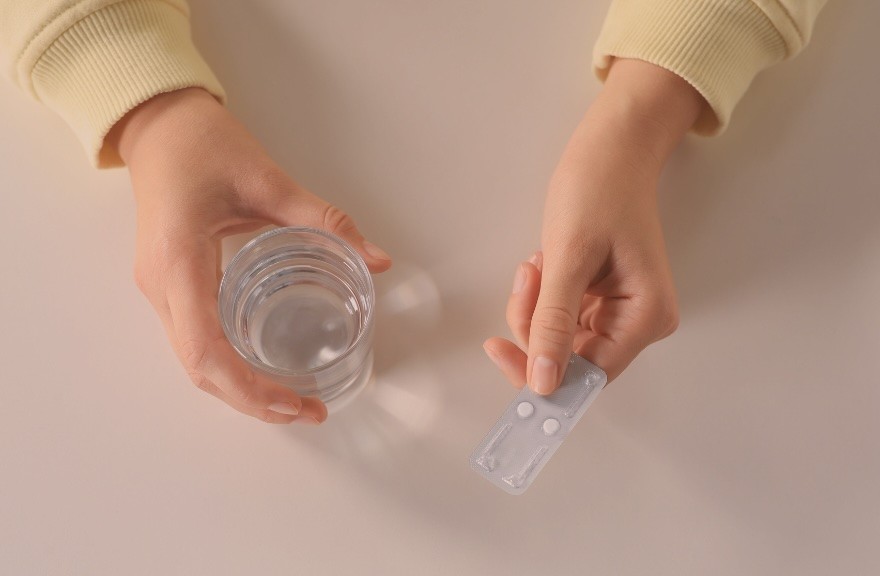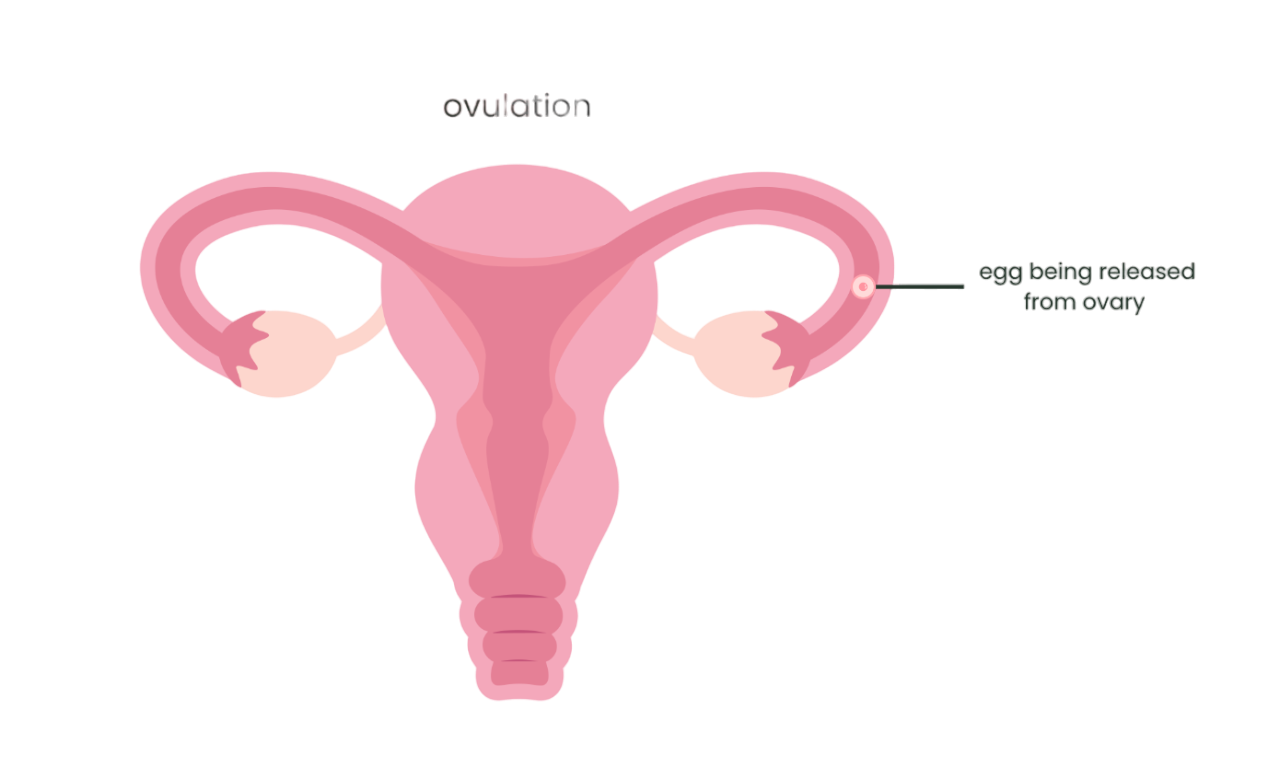When Plan B Pills Do NOT Work and Why
bloomwell,
#sexed
#relationships
#safety
#sexualhealth
#birthcontrol

Emergency contraception, like the Plan B pill, might feel like a safety net, but it’s important to know it doesn't always prevent pregnancy. It's not a guaranteed backup plan.
Firstly, how does the Plan B pill work?
Plan B pills work by preventing ovulation with a dose of levonorgestrel, a synthetic form of the hormone progestin, which is also found in many birth control pills. However the emergency contraception contains a much higher dose that standard birth control pills.
Usually, during the menstrual cycle, rising levels of oestrogen and progesterone trigger the release of an egg from the ovary (ovulation).

Levonorgestrel in Plan B works to temporarily stop or delay ovulation by basically tricking the body into thinking it has already happened. This prevents the release of an egg, so there’s nothing available for sperm to fertilise. Without an egg, pregnancy can't happen.
However, the Plan B pill is less effective or may not work in certain situations:
- If taken too late: Plan B works best when taken as soon as possible after unprotected sex. It's most effective within 72 hours (3 days), but its effectiveness decreases the longer you wait. After 5 days, it won’t be effective.
- If ovulation has already occurred: Plan B works by delaying ovulation. If you've already ovulated, the pill won’t be able to stop pregnancy. It is useful to keep track of your ovulation through tracking your period, or even using period apps. Ovulation takes place roughly two weeks before the start of a period, however all bodies are different and this will vary from body to body.
- Body weight/BMI: Plan B may be less effective for individuals with a higher body mass index (BMI). In such cases, other emergency contraception methods, like the copper IUD or a prescription pill called Ella, might be more reliable. If you are worried it is recommended to consult a doctor to give guidance.
- If you're already pregnant: Plan B doesn't work if you're already pregnant, as it's designed to prevent pregnancy, not end it.
- Interactions with other medications: Certain medications (like some anti-seizure drugs or herbal supplements) can make Plan B less effective. It is important to inform the pharmacist / doctor what medications or supplements you are taking so they can make sure there is no unwanted outcomes or side effects.
Therefore, it is best to rely on other forms of birth control that are more reliable. Additionally, if you are regularly taking the Plan B pill the high doses of hormones can have bad affects on your body and mental health by fluctuating your hormones and effecting your cycle. Therefore opting for birth control pills with lower doses of hormones or non-hormonal alternatives may be much better for your wellbeing.
Share your thoughts
We're on a mission to bring our community the best content! Loved this article? Got ideas to make it even better or suggestions for future topics? We'd love to hear from you! Your input shapes the future of our content.